Summary
Nike is one of the best fashion firms in the world. It is an American corporation that has been performing well in the market for the past two decades. The company has invested in better strategic management and innovation, which has ensured its success in the market. As such, this analysis has included the statistical analysis that was done via the excel analysis tool pack. Data analysis is a crucial concept in research as it gives the business an assessment of performance for the past and prediction for the future (Fiori, 2019). The data was further presented through tables and graphs to make it more appealing to the audience.
Analysis 1
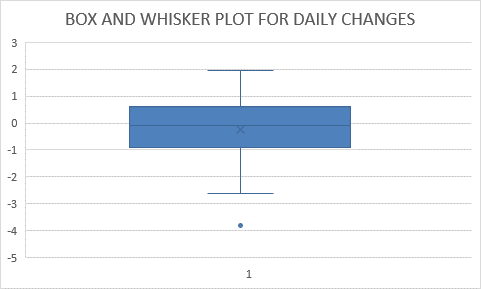
Descriptive Statistics
Descriptive statistics of Nike were done through an excel analysis tool pack. The daily change data was executed in the software, and measures of central tendency were computed. Descriptive statistics help the researcher analyze the data and develop predictive analysis in the future for the business (Cichoń, 2020). Therefore, based on the descriptive analysis, Nike performs well despite the challenges in the global market economy.
Skewness
The data skewed to the right because the mean is less than the median. (-0.22667<-011).
Correlation and Regression Analysis
Based on the regression done, Nike has a strong regression coefficient of 0.917, which translates to 91.7%. Thus, Nike has been performing well because of the right marketing strategies and innovation skills.
Probability Plots
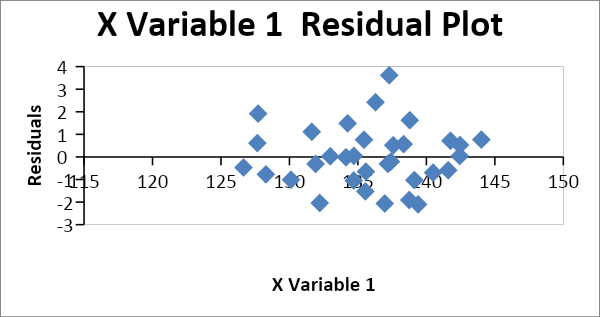
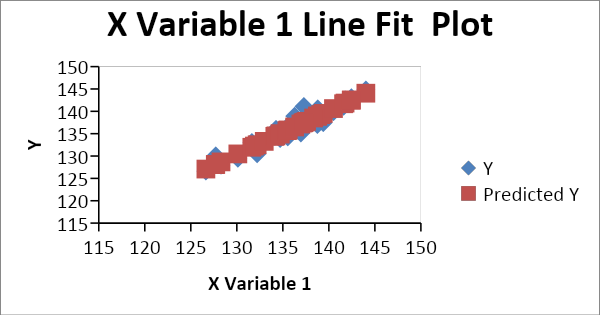
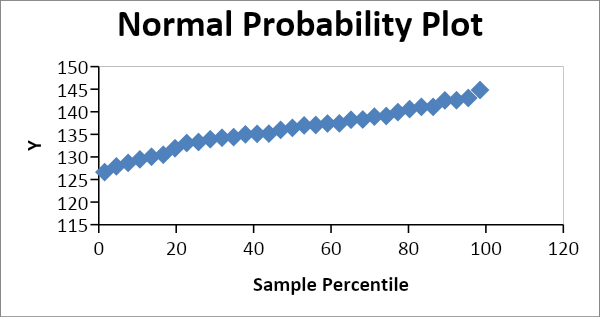
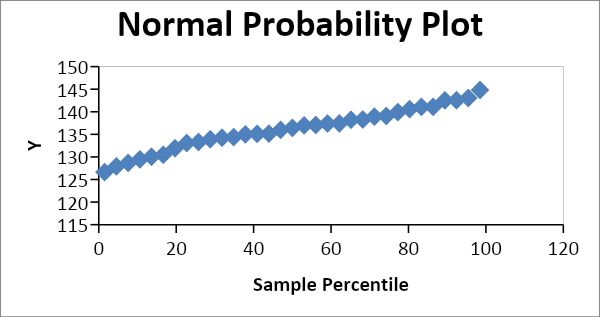
Distribution
The data is not normally distributed because the mean is not equal to the median.

There is a higher likelihood of variation because of the large ranges between the daily changes. The probability also has supported the existence of an alteration in the values. For instance, when the probability of the change is higher, then the values are likely to be more altered. Alternatively, the standard error is small thus, will support the positive impacts on the firm. Therefore, Nike will change to the positive side because of the better strategies implemented.
References
Cichoń, M. (2020). Reporting statistical methods and outcomes of statistical analyses in research articles. Pharmacological Reports, 72(3), 481-485.
Fiori, A. (2019). On firm size distribution: statistical models, mechanisms, and empirical evidence. Statistical Methods & Applications, 29(3), 447-482.